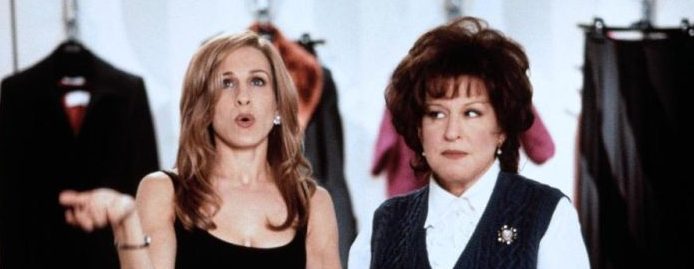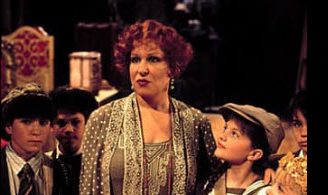Buzzfeed
15 Strange, Strict Demands That Studios Put In Actors’ Contracts, From Forbidding Them To Cut Their Hair To Forcing Them To Get Married
By Kristen Harris
Apr 18, 2023


During the entire three and a half months it took to film Lincoln, director Steven Spielberg didn’t call any of the actors by their actual names. He only referred to them by their characters’ names, including calling Daniel Day-Lewis “Mr. President.” – Spielberg also wore a suit every day to help immerse himself in the story
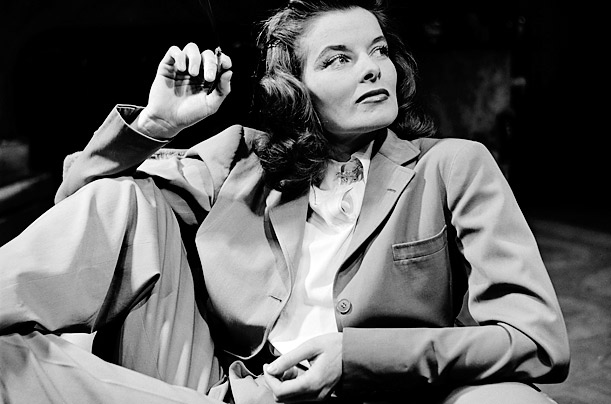

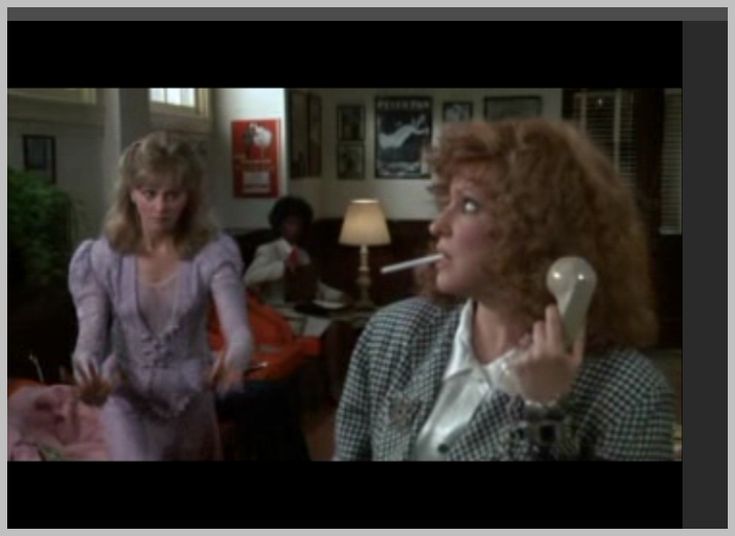
You’ve probably heard rumors about actors putting wild demands into their contracts but studios enacted kooky rules put In actors’ contracts since the Old Hollywood days. Here are some of the wild and extreme rules actors have had to follow:
Tom Cruise

According to Annabelle Wallis, Tom Cruise doesn’t allow his costars to run onscreen with him. However, she convinced him to make an exception for her in The Mummy.
She told the Hollywood Reporter, “He told me no at first. He said, ‘Nobody runs onscreen [with me],’ and I said, ‘But I’m a really good runner.’ So I would time my treadmill so that he’d walk in and see me run. And then he added all these running scenes. So that was it. It was, like, better than an Oscar. I was so happy! I was so happy that I got to run onscreen with Tom Cruise.”
Lincoln
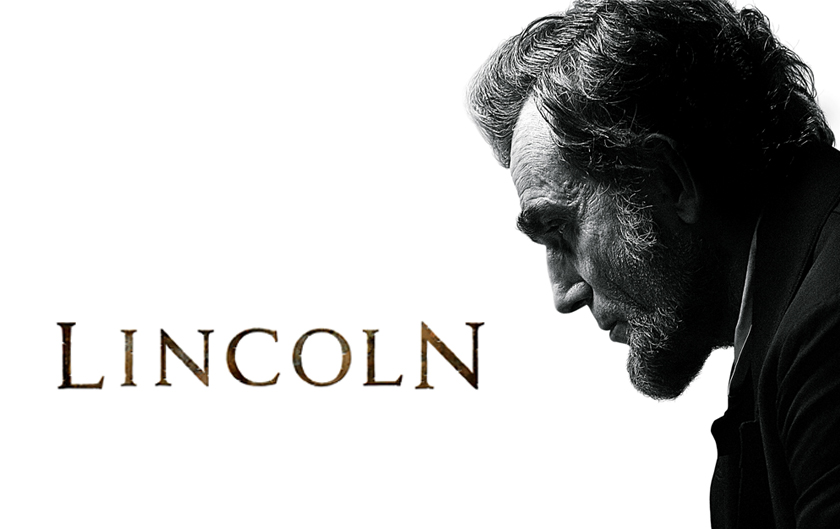
#Lincoln_Kooky Rules Studios Put In Actor’s Contracts
During the entire three and a half months it took to film Lincoln, director Steven Spielberg didn’t call any of the actors by their actual names. He only referred to them by their characters’ names, including calling Daniel Day-Lewis “Mr. President.”
Spielberg also wore a suit every day to help immerse himself in the story.
On 60 Minutes, he said, “I think that I wanted to get into that role more than anybody else, of being part of that experience. Because we were re-creating a piece of history, I didn’t want to look like the schlubby, baseball-cap-wearing 21st-century guy. I wanted to be like the cast.”
Lucy & Desi
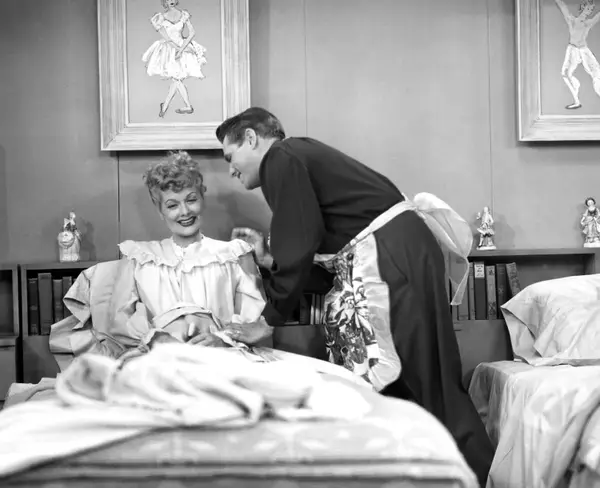
Because of Old Hollywood’s production code, actors playing couples weren’t allowed to share a bed onscreen, even if their characters were married. The rule also applied to actor couples who were married in real life, such as Lucille Ball and Desi Arnaz in I Love Lucy.
The strict censorship rules were introduced after Mae West’s movie I’m No Angel premiered in 1933.
Joan Crawford
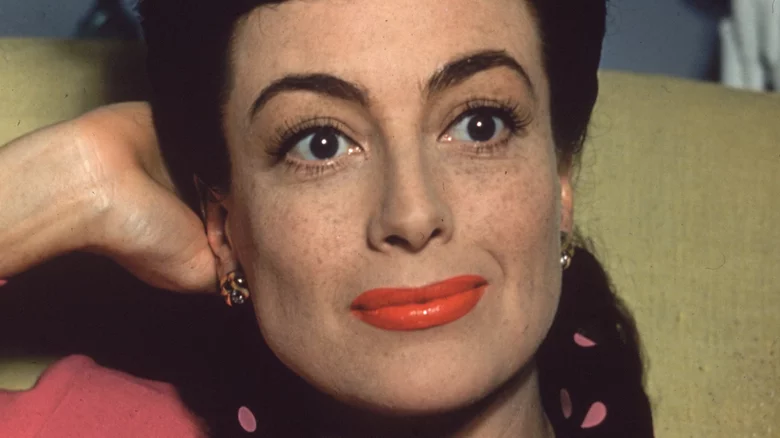
During the days of Hollywood’s studio system, Lucille LeSueur’s contract with Metro-Goldwyn-Mayer required her to change her name because they thought her last name was too close to “sewer.” Rather than let her choose, they ran a magazine contest, then bestowed her with the winning name — Joan Crawford.
She reportedly hated the name because it sounded like “crawfish” to her.
Rock Hudson
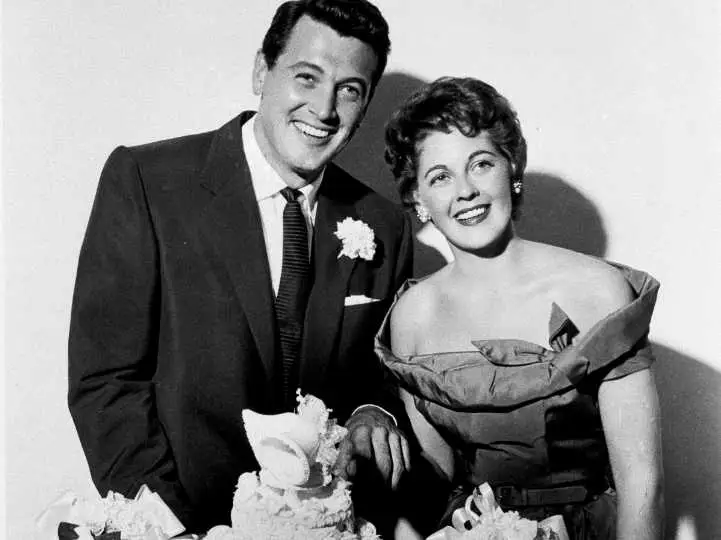
Similarly, Universal arranged for Rock Hudson, who was gay, to marry Phyllis Gates, his agent’s secretary, because the studio “invested a lot of money in Rock, and it was important for his image to remain that of a lady-killer.”
In 1985, Ken Maley, the actor’s friend, told People magazine, “Rock said the studio set up the marriage and promoted the wedding and the honeymoon. He was very bitter about that.
Jean Harlow
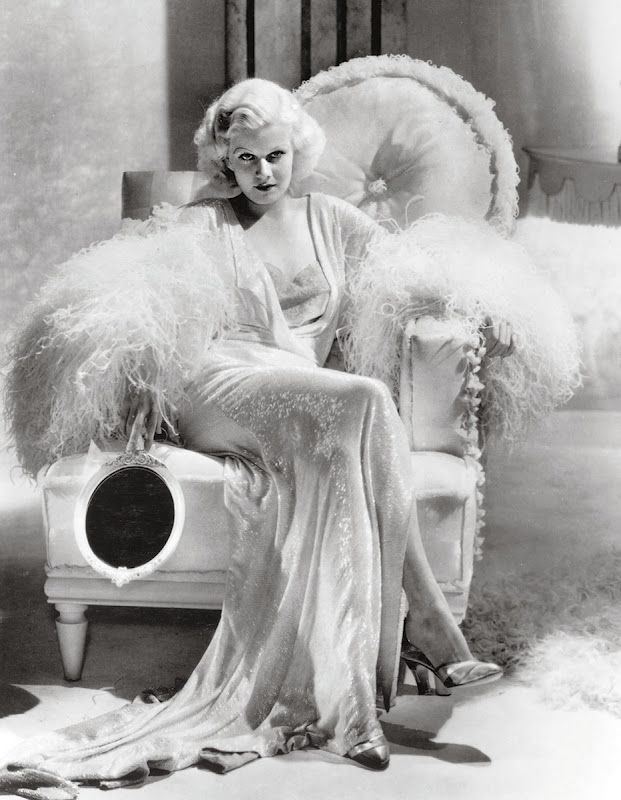
On the other hand, MGM allegedly put a clause in Jean Harlow’s contract that forbade her to get married because they thought being a wife would ruin her image as a “bombshell.”
Therefore, she wasn’t allowed to marry her partner William Powell.
Rebel Wilson

On the Call Her Daddy podcast, she said, “But I had been thinking for a while, like, ‘Oh, I want to get healthier.’ And I was stereotyped in playing that fat, funny friend, which is so hard because I love those roles. I love doing the roles. I love those characters. I did want to do more things, but I felt like, being the bigger girl, you’re just more pigeonholed.”
Pierce Bronson

When Pierce Brosnan played James Bond in Goldeneye, he was reportedly not allowed to wear a tuxedo in any other movies.
Reportedly, that’s why he had to wear his shirt unbuttoned and tie undone during the fancy ball scene in The Thomas Crown Affair.
Jon Snow

During his time as Jon Snow, Kit Harington’s Game of Thrones contract required him to keep his hair long, which he regretted agreeing to. He felt that he’d screwed himself over after learning that several women on the cast got around similar rules by wearing wigs.
He told Metro, “I don’t want the bother of it all, really. If you look a certain way or you have a certain look, it dominates what people think you are. So I’ll cut it off quite soon. As soon as I’m allowed.”
Katherine Hepburn
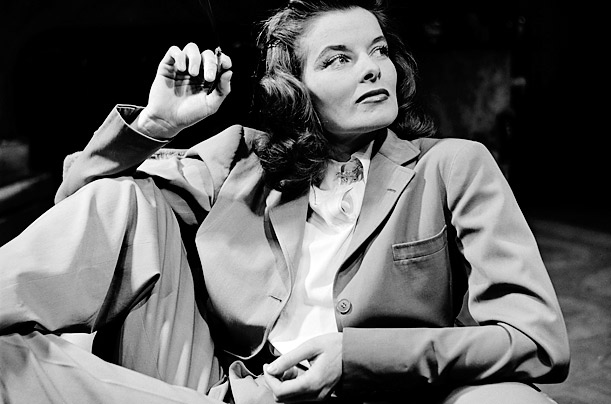
RKO didn’t want Katharine Hepburn to wear pants, which was considered a controversial fashion choice for women at the time, so they reportedly confiscated her jeans from her dressing room.
However, instead of complying by putting on a skirt, she came back to set in her underwear until they gave her the pants back.
Bette Midler & Shelley Long
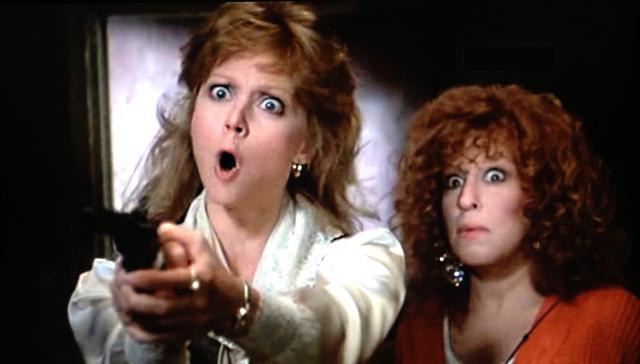
In 1986, Touchstone Pictures guaranteed both Bette Midler and Shelley Long top billing in Outrageous Fortune. Since both of their names couldn’t come first, the studio decided to give Midler top billing on one side of the US and Long top billing on the other.
Their agents reportedly spent hours arguing over whose client should get top billing.
However, Long’s rep told the Los Angeles Times, “Shelley has generously decided not to pursue the top billing as guaranteed in her contract.”



